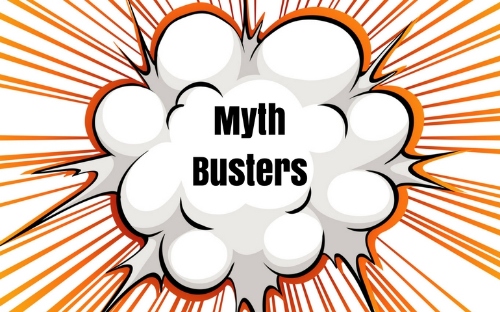What the First Thing You Do After Work Says About You

We all have our routines. From that morning cup of coffee to a jog at the gym, it’s common to establish touchstones for our daily lives. But have you ever considered what these habits tell us about ourselves? Our actions reveal much about our motivations and emotional life, so taking a second look at your first move at the end of the day can be telling. With that in mind, see how you fare when it comes to post-workday habits…
Break a Sweat
After a long day of work, is your first instinct to strap on your sneakers and take off on a run? Do you stop off at the local yoga studio for an extended stretch? Maybe you head to the weight room to pump some iron. Whatever your exercise pick, if you’re inclined to sweat it out at the end of a long day, you’re likely a routine-oriented professional who internalizes work-related stress. Of course, you’ve chosen a healthy release for all that pent-up tension, and you’ve discovered the power of endorphins. Once work hours are over, not everyone finds the motivation to stay active. This means you’re driven by routine, conscious of your emotional and physical health, and prefer to leave your cares at the gym, rather than bring them into your home oasis. However, it’s important to give your body a rest now and again, as recuperation time is not only beneficial for physical health, but can help prevent burnout for the long haul. Flexibility is a skill, and one just as important to cultivate as rigid commitment. If you find yourself out of sorts if you miss just one day of working out, you might want to pay some attention to your routines and motivations, and rebalance your commitments and fitness routine accordingly.
Round-the-Clock Hustle
If you’re the type to bring work home with you, you aren’t alone. While your motivation to work nonstop is admirable, it’s also important to make the mental transition from workplace to home, establishing the time to hustle and the time to relax. Just like those that hit the gym without fail after a long day, sometimes you’ll need to practice saying no. If your work life is indistinguishable from your personal life, it’ll be hard to catch a break and recharge. This means burnout, frayed nerves, and missed details will soon be on the horizon. Of course, round-the-clock hustle is a strength, too. You’re passionate about your work, care deeply about doing things right, and failure is not an option. Just make sure that you establish some foundational boundaries so that you maintain an appropriate, healthy balance between your time at work and your time at home with the loved ones and hobbies you cherish. If making way for downtime isn’t easy, try penciling it in the way you would a work engagement. Dinner with a friend, a date night with a significant other, or a solo movie fest can be readily added to your calendar, and thus built in to your regimented schedule.
Turn to Food
If your first instinct after work is to eat, it can say a few different things about your routine. Perhaps you’ve been so on-the-go all the day that you haven’t had time for lunch. In this case, you might need to regiment your schedule with more purpose aimed towards downtime and self-care; food is fuel, after all. If you head home and gorge after an average day, you may be turning to food as a way to relieve stress. In this case, you may need to reassess some of your post-work habits and find a healthier balance and outlet for your tension. Taking a walk, grabbing fresh ingredients for dinner, hitting the gym, or decompressing by catching up with a friend or a good book—all are healthier, more balanced ways of executing the transition from the office to the home. Pay attention to your consumption post-work. Determine how hungry or satiated you really are before making a grab for the nearest sustenance.
People decompress in all different ways after getting home from the office, but always remember that routines are telling. Don’t take your daily actions and impulses for granted. Examine the root behind your well-worn practices, and you may detect nuances at play beneath the surface that can you help you recalibrate for the better.




